As you may be well aware, Keto is a high-fat, low-carb eating plan gaining plenty of traction for its potential health benefits, including weight loss, improved blood sugar control, and management of chronic illnesses.
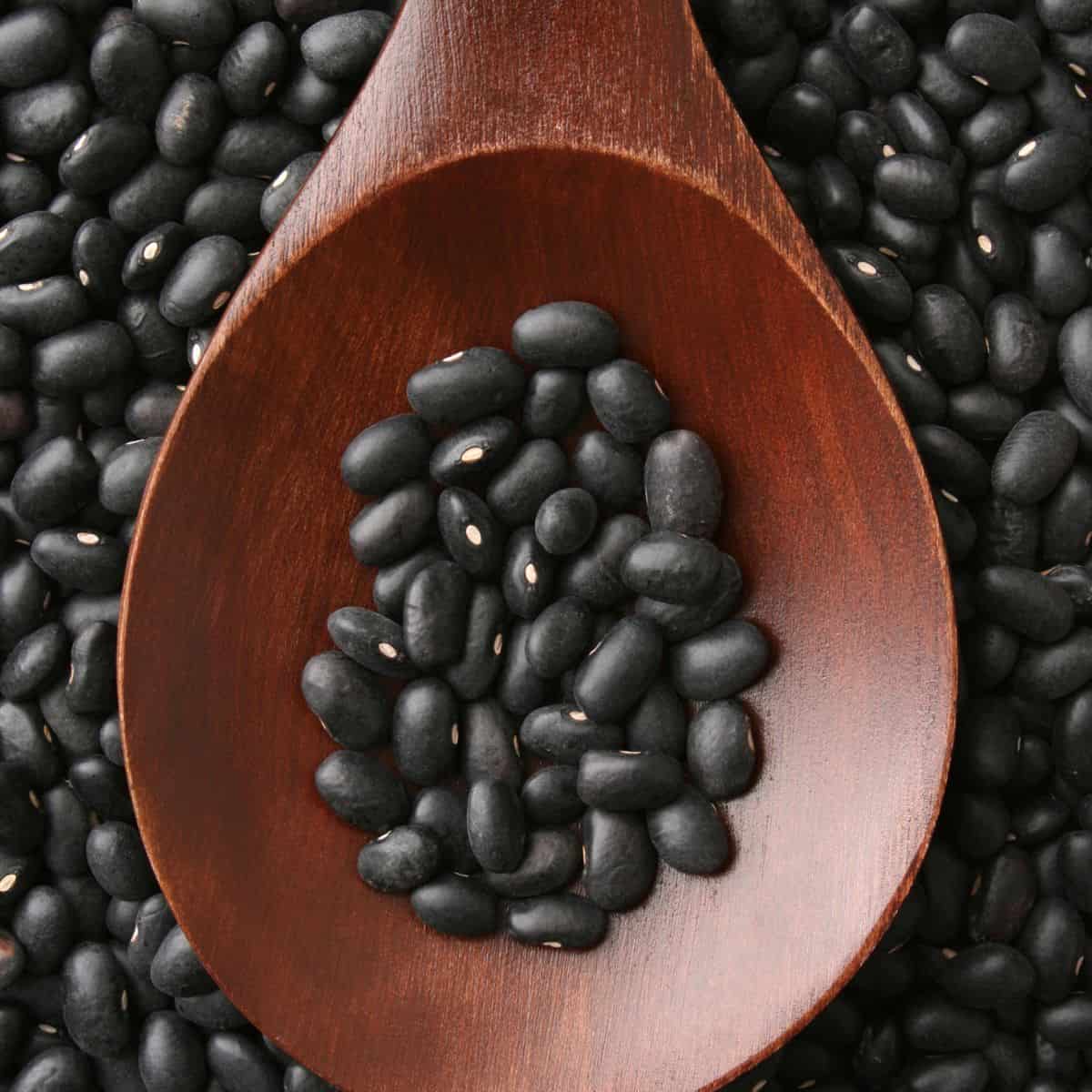
Traditionally, beans and legumes of all kinds have been considered a no-go for keto dieters due to their relatively high carb content. But, depending on your goals and tolerance, low-carb black beans don’t have to be an oxymoron - in limited quantities! Along with bringing a little diversity to your go-to recipes, black beans on keto provide the added benefit of being fiber-filled and nutrient-rich.
QUICK REFERENCE
A Keto Recap
The keto diet focuses on drastically reducing carbohydrate intake and increasing fat consumption. The primary goal is to shift the body into ketosis, an alternate metabolic pathway where the body relies on fat as its primary energy source instead of carbs. Moving through the stages of ketosis offers plenty of potential healing and overall health benefits, including weight loss and improved metabolism. (1)
The Standard Ketogenic Diet typically comprises macronutrient ratios such as 70-75% fat, 20-25% protein, and only 5-10% carbohydrates. With most keto dieters aiming to eat 50 grams or less of total carbs a day or no more than 25 grams of net carbs (total carbs, minus the fiber and sugar alcohols), the diet effectively restricts starchy foods like grains, legumes, including black beans, and many fruits.

Are Black Beans Low Carb?
I occasionally enjoy eating low-carb black bean chili in the fall and winter. But, strictly, how low-carb is it? Let’s compare popular beans, black soybeans (often considered the lowest carb for chili and other keto bean recipes), and black bean carbs. These carb counts are from the USDA food database and are calculated based on a 100g serving. (2)
| Bean Type | Total Carbs (g) | Fiber (g) | Total Net Carbs (g) |
| Black Soybeans | 8g | 7g | 1g |
| Green Beans | 7g | 3.4g | 3.6g |
| Green Soybeans | 11g | 5.4g | 5.6g |
| Edamame | 11g | 5.2g | 5.8g |
| Blackeyed Peas | 25g | 8.7g | 16.3g |
| Chickpeas | 27g | 7.6g | 19.4g |
| Black Beans | 41g | 15.5g | 25.5g |
| Red Kidney Beans | 40g | 13.6g | 26.4g |
| Kidney Beans | 40g | 11.3g | 28.7g |
| Pinto Beans | 45g | 15.4g | 29.6g |
Because the net carbs in black beans are relatively high, this has led to the notion that black beans should be entirely excluded from a ketogenic diet.
So, Are Black Beans Keto?
Here's the scoop: specific foods are not keto or not keto. To answer this question, you need to understand which foods you can consume and still produce the levels of ketone bodies that meet your needs and your goals. Black beans have a place in the keto universe, and keto black bean recipes aren’t out of the question, but it’s all about understanding your body and your goals, planning and tracking, and balance. Remember, keto goes hand-in-hand with low-carb living, and there are carbs in black beans.
This is an excellent time to remind you that there is a difference between nutritional and therapeutic ketosis. If you are following a keto diet to manage cancer or a chronic illness, I’m going to say that you should exclude beans entirely because you’re going to need to keep your carb counts very low. But, for keto dieters with no bean sensitivities (a common food sensitivity) and following the diet to lose weight and manage their overall health, beans can be eaten and enjoyed in moderation.
Other Black Bean Benefits
High in Fiber
Soluble and insoluble fiber are the two primary types of dietary fiber, each with unique characteristics and benefits, and black beans are high in both. Recipes, like low-carb chili with beans, also provide fiber-related benefits for those on keto, including:
- helping you feel full and satisfied, reducing the risk of overeating or snacking between meals
- promoting healthy digestion by bulking stool, supporting regular bowel movements, alleviating constipation, and helping you maintain a healthy gut microbiome
- preventing rapid spikes in blood sugar levels, which is crucial for those with diabetes or anyone trying to maintain their energy levels throughout the day (3)
- promoting weight loss and reducing the risk of obesity (4)
- lowering LDL cholesterol levels, stabilizing blood sugar, and reducing the risk of cardiovascular disease. (5)
Protein and Nutrients
Protein is another vital macronutrient, especially for those following a ketogenic diet. (6) While animal products are typically the primary protein source in keto, plant-based sources like black beans can be valuable additions. Those who aren’t sensitive to beans can benefit from diversifying their protein intake.
Black beans are nutrient powerhouses, making black bean keto recipes a good source of folate, manganese, magnesium, iron, and antioxidants. Folate is essential for DNA synthesis and repair, manganese plays a role in bone formation and blood clotting, magnesium supports muscle and nerve function, and iron is crucial for oxygen transport in the blood. These micronutrients contribute to overall health and can address any potential nutrient gaps.
And a little dietary variety can go a long way! If adding beans to your keto meals increases your enjoyment, embracing and maintaining the keto lifestyle will be easier in the long term. Remember, it’s all in your planning!
This leads us back to that comforting bowl of low-carb chili with beans, an excellent example of an easy, seasonal, and keto-friendly recipe incorporating limited quantities of beans. This black bean chili serves a manageable 16 grams of net carbs.
Cautions and Considerations
There are a few things to remember when including black beans on keto.
Everyone's carb tolerance varies. Some individuals may be able to include more beans in their keto diet without being kicked out of ketosis, while others may need to be more restrictive. If you closely monitor your ketone levels, tracking how bean consumption affects your personal ketone production and adjusting accordingly is essential, as well as ensuring they are properly prepared.
If you're using ketones to manage a complex chronic illness or cancer, I would be very careful about including beans in your diet. When following a therapeutic ketogenic diet, I advise my clients to exclude all beans and legumes except fillet beans.
Though it challenges the traditional perspective of complete exclusion, your specific health goals and reasons for following a keto diet should guide your approach to including black bean keto recipes. A strategy that includes black beans or soybeans can provide a sustainable and enjoyable way to get on, stick to, and succeed on a keto diet!
Struggling with autoimmunity or chronic illness? Check out these success stories from clients who addressed the root-cause contributors of their autoimmune disease and are now thriving!
FAQs
Each 100g serving of black beans contains 41g of total carbohydrates and 25.5g of net carbohydrates. Measure your servings according to your carb allowance and daily meal plan, starting at ½ cup containing 13 net carbohydrates.
Fillet beans like green beans and black soybeans contain the lowest carbohydrates.
Black beans are a slower digesting carbohydrate source due to their high fiber content. Each 100g serving of black beans contains 15.5g of fiber.
Black beans contain a significant amount of carbs and are not considered low-carb. However, when used sparingly and infrequently, they can be part of a well-designed low-carb plan.
References:
- Ludwig DS. The Ketogenic Diet: Evidence for Optimism but High-Quality Research Needed. J Nutr. 2020 Jun 1;150(6):1354-1359. doi: 10.1093/jn/nxz308.
- FoodData Central. fdc.nal.usda.gov. Available at: https://fdc.nal.usda.gov/fdc-app.html#/food-details/169283/nutrients
- Xie Y, Gou L, Peng M, Zheng J, Chen L. Effects of soluble fiber supplementation on glycemic control in adults with type 2 diabetes mellitus: A systematic review and meta-analysis of randomized controlled trials. Clin Nutr. 2021 Apr;40(4):1800-1810. doi: 10.1016/j.clnu.2020.10.032.
- Beerman K. Dietary fiber: An integral component of a successful weight loss intervention. ASN: American Society for Nutrition. Published October 10, 2019. Available at: https://nutrition.org/dietary-fiber-an-integral-component-of-a-successful-weight-loss-intervention/
- Soliman GA. Dietary Fiber, Atherosclerosis, and Cardiovascular Disease. Nutrients. 2019 May 23;11(5):1155. doi: 10.3390/nu11051155.
- Singh N, Jain P, Ujinwal M, Langyan S. Escalate protein plates from legumes for sustainable human nutrition. Front Nutr. 2022 Nov 4;9:977986. doi: 10.3389/fnut.2022.977986.



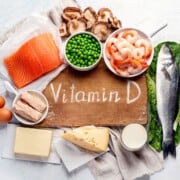

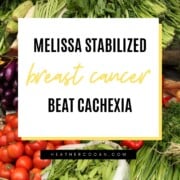

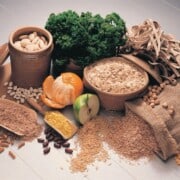
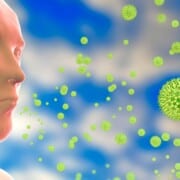
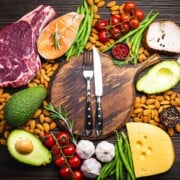


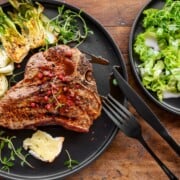
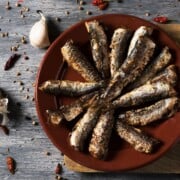

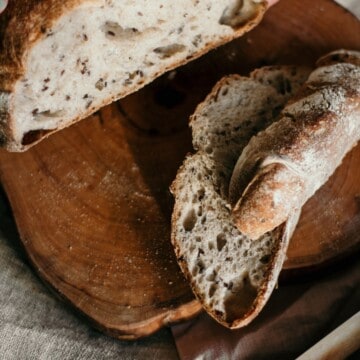
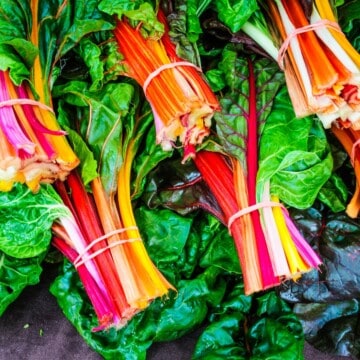
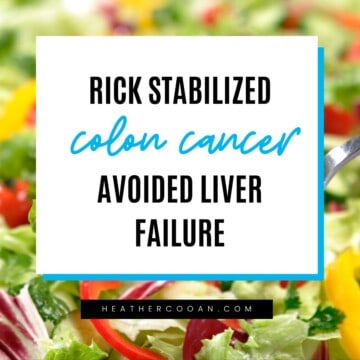

Comments
No Comments